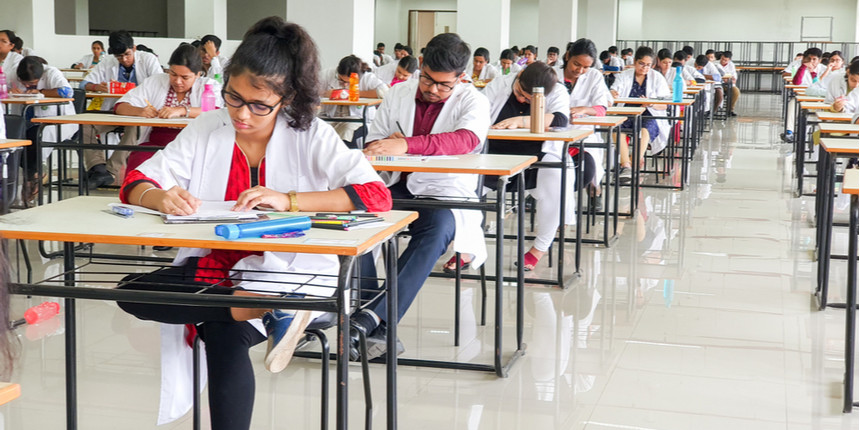In the first merit list released by the state’s CET cell, the MBBS cut-off for government colleges in the open category has reached 642, a significant increase from last year’s cut-off of 587. Last year’s figures were impacted by the delayed approval of eight colleges, which were added in the second round of admissions. If these institutions had been included in the first list, the cut-offs might have been lower than 587.
Private college admissions in the open category have also seen a rise, with the cut-off closing at 602 in the first round this year compared to 534 in 2023-24. KJ Somaiya College, a private institution in the city, reported an unusually high cut-off of 573 for institutional quota (IQ) seats, which typically closed around 400 marks in previous years. The elevated cut-off has alarmed many parents, as fees for IQ seats are significantly higher—four to five times more than general seats.
Sudha Shenoy, a parent representative, commented, “Students with even higher scores are being compelled to opt for the IQ quota and may end up paying four or five times the regular fees. A student with 573 might have secured a government college seat comfortably last year, but inflated NEET-UG scores and fewer open category seats have pushed the cut-offs higher this year.”
The state government’s bid to address the situation by establishing ten new government colleges was only partially successful, with approvals granted for just two colleges, each offering only 50 seats. Jasmine Gogri, a medical education counselor, warned that the high cut-offs might force many students to take a gap year.
A government official attributed the higher cut-offs to the increased NEET-UG scores and a larger number of students with similar marks. “We have observed higher cut-offs even in reserved categories this year compared to previous years,” the official stated.
The NEET-UG results have been controversial, with allegations of inflated scores, paper leaks, and subsequent nationwide protests and court cases. An unprecedented 67 students achieved a perfect score of 720/720, and compensatory marks were awarded to over 1,500 students. While the Supreme Court directed a re-examination for students who lost time, it determined that the paper leak was not systemic.
The state’s introduction of a 10% reservation for the Maratha community in education and government jobs, despite being challenged in the Bombay High Court, remains in effect pending the court’s final decision.
👉 Click here to read the latest Gujarat news on TheLiveAhmedabad.com




